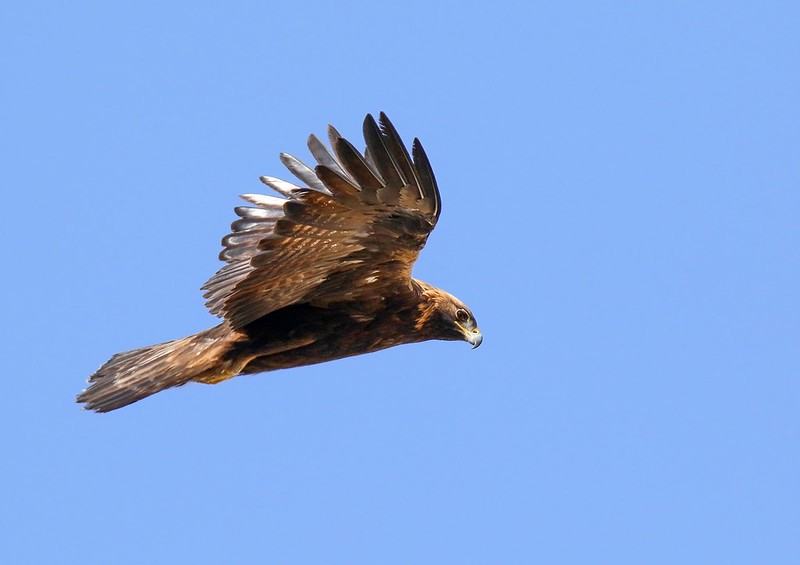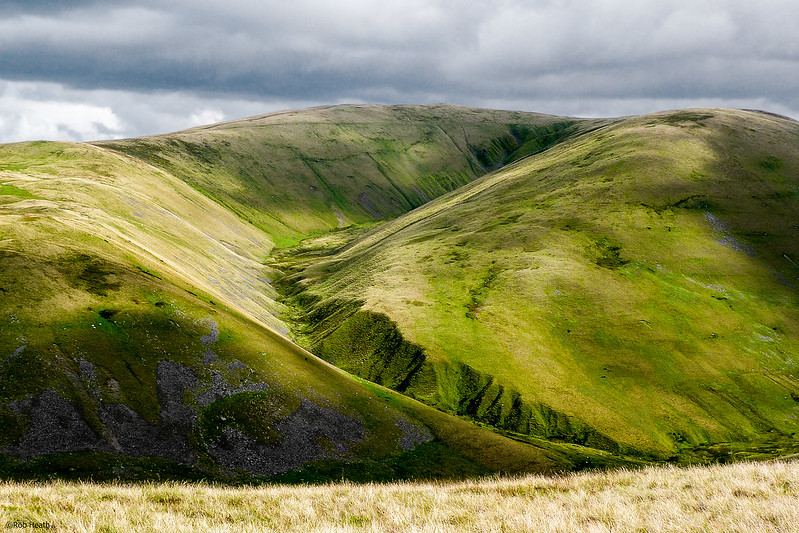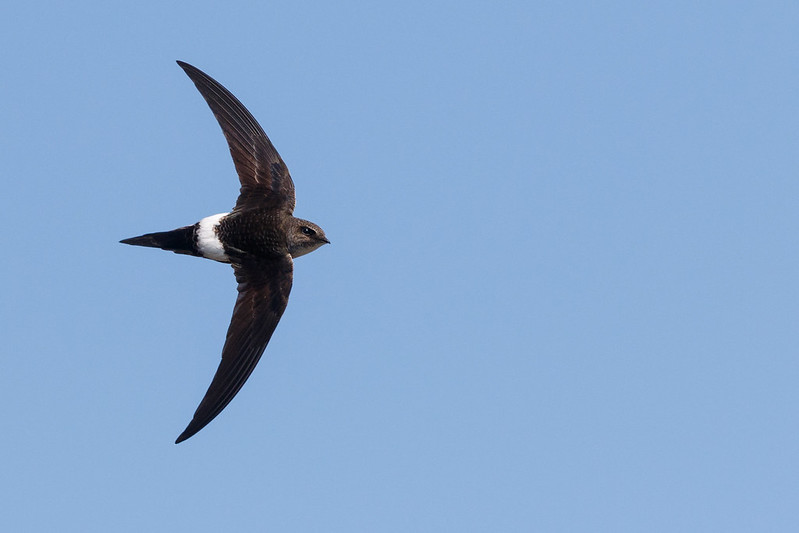Wildlife
Poole Harbour’s osprey pair have hatched their fourth chick of the year. The only breeding pair of ospreys on the South Coast have laid a clutch of four eggs for the second year running, and the Birds of Poole Harbour charity has announced that the final chick successfully hatched in the past week. In 2022, female CJ7 and male 002 became the first nesting pair on the south coast in 180 years as part of a reintroduction scheme.

Golden Eagles are spreading their range from southern Scotland into England. Around 50 Golden Eagles have been translocated across Scotland since 2018 in an attempt to save this species amidst major population decline. In the past 7 years, South of Scotland Golden Eagle Project (SSGEP) have successfully translocated 28 juveniles and 15 sub-adult golden eagles from the Scottish Highlands to the Scottish borders. Satellite tagging has revealed that a number of birds are beginning to venture into Northumberland, the North Pennines, the Lake District and even as far south as Lancashire and Yorkshire, offering hope for the future reintroduction of Golden Eagles into England.
Environment
Reservoir projects fast-tracked in an attempt to secure England’s water supplies. Two major new reservoirs in East Anglia and south Lincolnshire have been fast-tracked through the planning process as they are now declared as ‘nationally significant.’ As such, the final decisions for these projects will be taken by Environment Secretary Steve Reed, rather than at a local level, with the aim of securing water supplies for future generations. These stores would provide resilience to future droughts in particularly dry areas of the country where water demand is high, and may be completed by 2036 and 2040 respectively. The water industry has welcomed this announcement, but some communities are concerned about increased bills, as well as the potential clearing of homes and farmland to make way for the necessary infrastructure.

Areas of common ground in the Yorkshire Dales are being restored to their ancient glory. A groundbreaking tree-planting programme is uniting farmers and rewilders alike to bring species back to ‘ghost woodlands’. Howgill Fells had been heavily grazed for hundreds of years, but in just over a decade, an extensive rewilding project has planted 300,000 native trees across common land in 64 acres of sheep-free enclosures. Ecologist Mike Douglas recently conducted his first of four annual surveys monitoring birds in the enclosures. His results have revealed the presence of 11 new breeding bird species since his original survey in the early stages of the project in 2016, and numbers continue to increase year on year.
Policy
Labour have rejected a proposal to provide every new home with at least one swift brick to help endangered cavity-nesting birds. The proposed amendment to the governments Planning and Infrastructure bill requested that every developer provides a single £35 hollow brick for swifts, house martins, sparrows and starlings in every new build home. This was previously supported when it was tabled on Conversative government legislation in 2023, however the current Labour-dominated committee have now stated they are not convinced it is the right approach. A petition calling for these bricks to become mandatory has now reached 80,000, demonstrating the public’s concern on the matter.

Nature-friendly farming fund to be cut in UK spending review. Labour initially promised £5 billion over two years for the post-Brexit farming fund, which will be honoured until 2026, however in the years following it will be slashed in line with wide-scale budget cuts. This nature-friendly initiative replaced the EU’s Common Agricultural Policy and rewards farmers for stewarding nature, soil, and other public goods, rather than solely for land ownership and cultivation. While DEFRA have stated they are planning a new scheme aimed at smaller farms, many larger-scale ones will miss out on these incentives.

